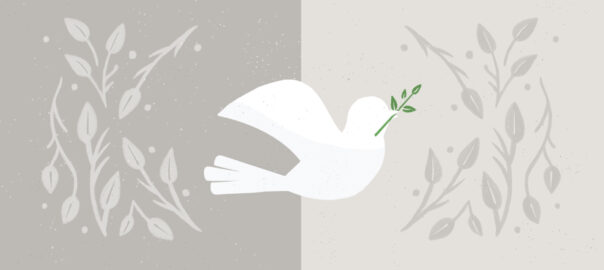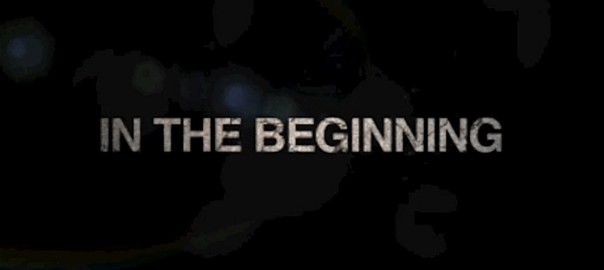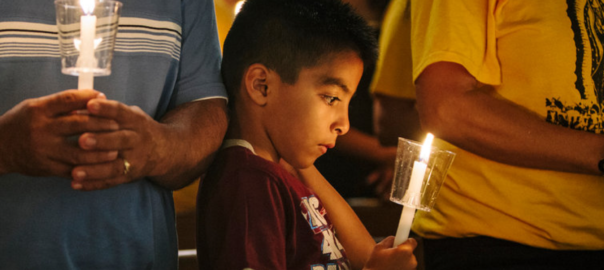
The American Experiment in virtue-based liberty is never done…we are always aspiring to live up to the noble values of our Founders and Framers. In Part One, we looked at our nation’s foundations, find much to thank God for…and much requiring repentance and realignment with truth. In this essay, we explore events from the 19th century to the present as signs of blessing and judgment, with the hope that we can live more helpful and hopeful lives.
The decades before the Civil War (1861-1865) saw a nation divided over slavery, with the Compromises of 1820 and 1850 failing to appease of the passions of both abolitionists and advocates of slavery. The British and French preceded the USA in the abolition of slavery, even as Americans boasted about having a freer nation!
Tragedy and blessing: The Civil War officially started as a war for Confederate independence (Southern view) and a war to preserve the Union (Northern view). By late 1862 with the Emancipation Proclamation and early 1865, with the passing of the 13th Amendment abolishing slavery, President Lincoln and many others understood the war to be God’s providential judgement on three centuries of slavery. More soldiers were killed and wounded in this war that all other wars combined. The 14th and 15th Amendments, passed in 1868 and 1870, enshrined citizenship and voting rights for all people.
Tragedy: beginning in 1876 and lasting until 1964, segregation and second-class citizenship for African Americans and other minorities became normalized. African-Americans were the most impacted, while other minorities felt the sting if prejudice through restrictive immigration and outright bans from whole arenas of society.
Blessing: Full equality and voting rights for women were promoted by Abigail Adams and others in the 1780s and 1790s but fell on deaf ears until the late 19th century. Suffragette movements (often led by married women of solid Christian faith) gained ground in particular states before 1900. Finally in 1920, full voting rights were enshrined in the 19th Amendment. It would take several more decades and court decisions to allow full equality for employment and property rights.
Blessing and tragedy: Many Americans boast that we are a “land of immigrants” and that the Statue of Liberty welcomes all (legally). And there is much to celebrate as we think of the millions coming through Ellis Island in the late 19th and early 20th centuries. We are indeed a wonderful “salad bowl” (Historian Carl Degler) of diverse ethnicities and traditions. While we celebrate Ellis Island in New York and appreciate the opportunities afforded to so many, we must also lament the oppression of Angel Island in California and the severe restrictions placed on Asian (especially Chines) immigrants from the 1870s to the 1940s. The open doors of previous decades shut harshly after World War I.
We closed our doors to Jewish immigration and capitulated to severe antisemitism from the 1920s to the1940s, only changing course after seeing the full evidence of the Holocaust.
Blessing: After World War II, the momentum for civil and voting rights for all was unstoppable, though only in 1965 were full rights established. The movement led by the Rev. Dr. Martin Luther King was one of our last moments of unified advocacy with people from all backgrounds ready to help cash, “the promissory note” of the Declaration of Independence and the US Constitution.
The past six decades are their own unique narrative, with bright moments of divine life and tragic moments subverting the values and visions of the Founders. May we delight in the providential progress of our history and humbly continue the journey toward justice so all can flourish.




